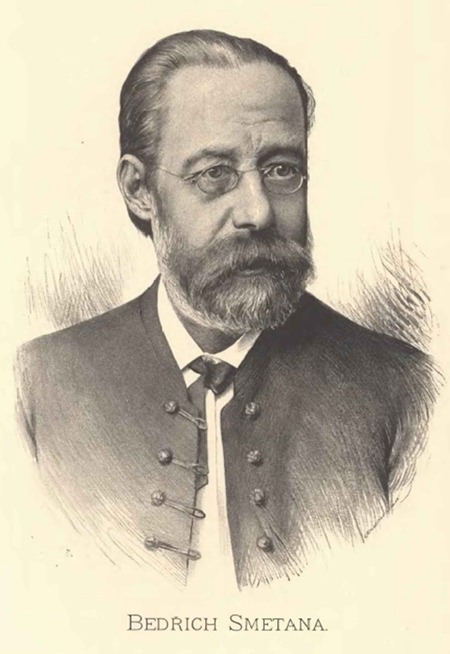
Do you ever have that curious experience in which a word or phrase inexplicably floats into your mind without warning? It happens to me quite often but I have no idea what triggers these lexical arrivals. Sometimes they are trivial, like the brand name of some product or other, sometimes they are titles of books or songs and sometimes they are words I have rarely heard before. It happened again a couple of days ago when I was pottering about in the kitchen making food for the dogs. Suddenly, the words “Flow gently sweet Afton” drifted into my mind. The words didn’t seem to have an obvious connection with dog food.
If you are au fait with Scottish literature you’ll realize instantly that Sweet Afton is a poem written in 1791 by Robert Burns. The poem was evidently inspired by a small river in Scotland, the River Afton also known as Afton Water. My Scottish grandmother used to claim that she was a descendant of “Robbie” Burns as he is affectionately known to the Scots. I later discovered that nearly all Scottish grandmothers think they are descendants of Robbie Burns.
My grandmother also claimed that she was psychic. It’s possible that I’ve inherited her psychic powers, which explains why I can predict winning lottery numbers with such uncanny accuracy. Of course, I never actually do the lottery. When you know the winning numbers in advance, it takes all the excitement away. Now then, where were we? (I was beginning to wonder myself – Ed.)
Oh yes, the poem by Robbie Burns is a lyrical, pastoral piece and interesting in that there are exactly eleven syllables in every line of the poem. It was set to music in 1837 by a Kentucky lawyer and amateur composer named Jonathan E. Spilman who perhaps was also attracted by the riverine theme. Laura Gilpin once wrote, “A river seems a magic thing … a magic, moving, living part of the very earth itself.”
Now you might recall that Laura Gilpin was an indefatigable American pioneer photographer. On the other hand, you might not. But she is remembered for her expressive portraits of Native Americans and for her strangely haunting photographs of south-western landscapes. “Life is like the river,” wrote Emma Smith, “Sometimes it sweeps you gently along and sometimes the rapids come out of nowhere.” Comparisons between rivers and human life are hard to resist. Some composers have been inspired by rivers, too.
In the 1870s Smetana wrote a set of six symphonic poems collectively entitled Má Vlast (“My Homeland”). One of the works is called Vltava and it’s a musical description of the Vltava (VULL-tuh-vuh) River also known by its German name Die Moldau. The “journey” begins at the river’s source in the Bohemian mountains and passes through the countryside to the city of Prague and beyond. The Czech name probably comes from an old Germanic expression wilt ahwa, meaning “wild water”.
The work begins with a musical impression of springs and bubbling water. It leads to the main theme of the work which is probably Smetana’s most famous melody, an adaptation of a Moldavian folksong which bears more than a striking resemblance to the Israeli National Anthem. There are musical snapshots of a hunt in the forest (02:40); dancing at a peasant wedding (03:39); water-nymphs in the moonlight (04:51); St John’s Rapids (08:07); the triumphant arrival at Prague (09:51) and the concluding section in which the river flows away into the distance (10:41). This work normally runs for about fourteen minutes but Rafael Kubelík belts through it in just over eleven minutes at this exhilarating al fresco performance in Prague.
This evocative piece is the introduction to Mussorgsky’s opera Khovanshchina which he began in1872. He didn’t live to finish it, but Rimsky-Korsakov later completed, revised, and re-scored the entire opera. So many cuts and alterations were made that it was virtually a new work. In an attempt to recreate something closer to the original, Dmitri Shostakovich revised the work in 1959 using Mussorgsky’s original vocal score. This is the version that’s usually performed these days. Dawn on the Moscow River is often performed as a stand-alone piece. Like the Smetana work, it begins quietly and contains some lovely music and captivating melodies before eventually fading into the silence where its musical journey began.
Oh yes, I’ve just remembered that Sweet Afton was also a brand of Irish cigarettes named after the Burns poem. They were made in Dundalk and introduced in 1919 to celebrate the somewhat tenuous link between that town and Robert Burns. The brand was reputed to be the favourite smoke of the French philosopher, playwright and novelist, Jean-Paul Sartre.
 |
 |
 |





